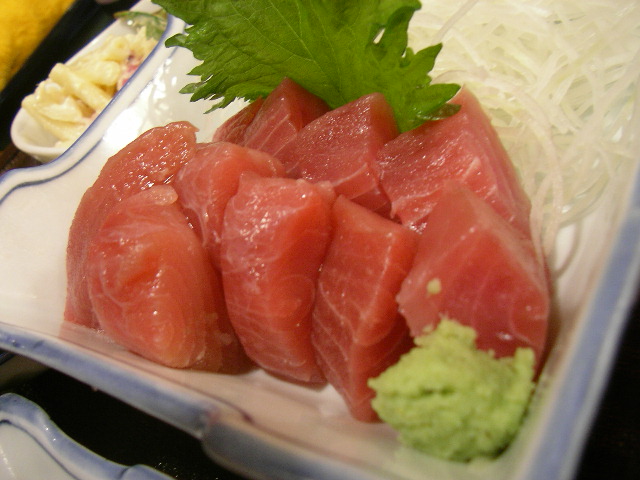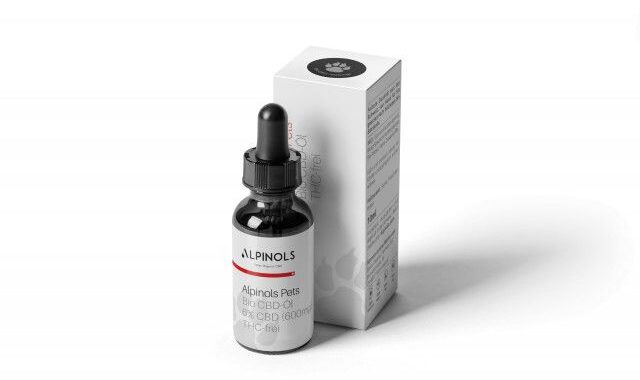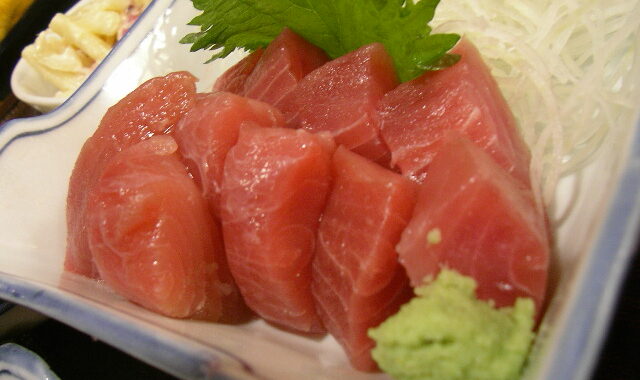Omega-3 for Vegetarians

SANYO DIGITAL CAMERA
In the realm of nutrition, omega-3 fatty acids have earned a prestigious reputation for their numerous health benefits. From promoting heart health to enhancing cognitive function, these essential nutrients are pivotal for overall well-being. Traditionally, fish has been hailed as the primary source of omega-3s. However, for vegetarians and vegans, navigating the landscape of omega-3-rich foods can seem challenging. Fear not, as we delve into the depths of plant-based alternatives to ensure you get your daily dose of omega-3s without relying on fish.
Understanding Omega-3 Fatty Acids
Omega-3 fatty acids are a type of polyunsaturated fat crucial for various bodily functions. The three main types of omega-3s are alpha-linolenic acid (ALA), eicosapentaenoic acid (EPA), and docosahexaenoic acid (DHA). ALA is primarily found in plant sources, while EPA and DHA are abundant in fatty fish.
Plant-Based Sources of Omega-3s
1. Flaxseeds and Flaxseed Oil
Flaxseeds are one of the richest sources of ALA, making them a staple for vegetarians and vegans. Incorporating ground flaxseeds or flaxseed oil into your diet can significantly boost your omega-3 intake. Add flaxseeds to smoothies, oatmeal, or baked goods for a nutritional punch.
2. Chia Seeds
Chia seeds are another ALA powerhouse, offering a versatile and convenient way to increase omega-3 consumption. These tiny seeds can be soaked in water to create a gel-like consistency, perfect for adding to puddings, yogurt, or as an egg substitute in baking.
3. Walnuts
Walnuts are not only delicious but also an excellent source of ALA. Snack on a handful of walnuts daily or incorporate them into salads, granola, or oatmeal to elevate your omega-3 intake.
4. Hemp Seeds
Hemp seeds boast a balanced ratio of omega-3 to omega-6 fatty acids, making them a valuable addition to a vegetarian or vegan diet. Sprinkle hemp seeds on salads, soups, or yogurt for a nutty flavor and omega-3 boost.

Enhancing Omega-3 Absorption
Pairing omega-3-rich foods with sources of fat-soluble vitamins, such as vitamin E, can enhance the absorption of these beneficial fatty acids. Incorporate foods like avocados, olive oil, and leafy greens into your meals to optimize omega-3 absorption and maximize health benefits. If you enjoyed this article about omega-3 then visit the top fish oil in UK for more interesting articles.
Conclusion
Vegetarians and vegans can undoubtedly meet their omega-3 requirements without resorting to fish. By incorporating a variety of plant-based sources rich in ALA, individuals following a plant-based diet can ensure optimal omega-3 intake for overall health and well-being.
Remember, diversity is key. Aim to include a variety of omega-3-rich foods in your diet to reap the full spectrum of health benefits. With a little creativity and exploration, unlocking the power of omega-3s for vegetarians and vegans is not only achievable but also deliciously rewarding.


 Heating Oil Still Relevant in Today’s World?
Heating Oil Still Relevant in Today’s World?  CBD’s Impact on Digestive Health
CBD’s Impact on Digestive Health  The Science Behind Shake Ingredients
The Science Behind Shake Ingredients  The Role of Accident Attorneys
The Role of Accident Attorneys  Popularity of Hemp and CBD
Popularity of Hemp and CBD  Budgeting for Millennials
Budgeting for Millennials  Omega-3 for Vegetarians
Omega-3 for Vegetarians